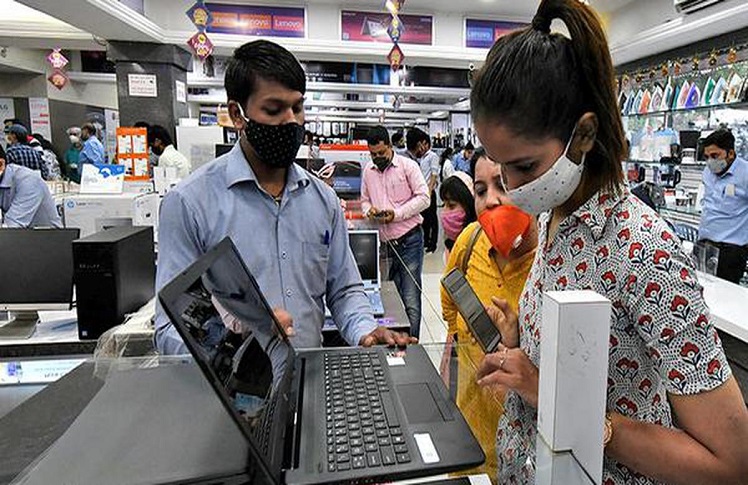
The mandatory import licensing standards for importing laptops and tablets, which have raised widespread concerns about a return to pre-liberalisation policies, are a "one-off" measure and will not become a cross-sectoral "trend". a government official confirmed.
"It is important to ensure that such measures do not lead to the pre-1991 system and care must be taken to ensure that words like license do not come back into our vocabulary," the official told Business Today. .
Pointing out that the change in import policy for laptops, tablets and servers was due to security concerns, the official stressed that "such licensing standards are unlikely to be imposed" on other imported products. "This was done due to some concerns about laptops and tablets, but will not be replicated on a large scale," the source noted.
In a notification issued last month, the Directorate General of Foreign Trade of the Ministry of Commerce changed the import policy for certain items such as laptops, computers, servers and tablets, saying that their import is "limited" and is allowed. against a valid import certificate. license for limited importation. The import restrictions, which were supposed to take effect immediately on August 3, were later postponed and will take effect on November 1.
Government sources stated that the decision on import permit for these goods will not be reconsidered. More rules clarifying licensing standards are expected soon.
While the move was seen as a move to generate more investment interest in domestic production of such goods under the Production Linked Incentives (PLI) scheme, the government insisted it was due to security concerns caused by data breaches. Commerce and Industry Minister Piyush Goyal also assured that there will be no disruption in the availability or prices of goods. However, it raised concerns among companies and concerns that the licensing rules could affect the supply of products from major multinationals such as Apple and Dell.
US Trade Representative Katherine Tai also raised concerns with India during a meeting with Goyal on August 26. "He stated that stakeholders need an opportunity to review and provide feedback to ensure that if the policy is implemented, it does not have a negative impact on US exports to India," the US said in a statement after the meeting.
Since then, up to 40 companies have applied for PLI 2.0 hardware. These include global players such as HP, Dell, Asus, Acer and Lenovo. PLI expenditure has now been increased to Rs 22,880 crore from Rs 17,000 crore earlier.
Leave a comment: (Your email will not be published)